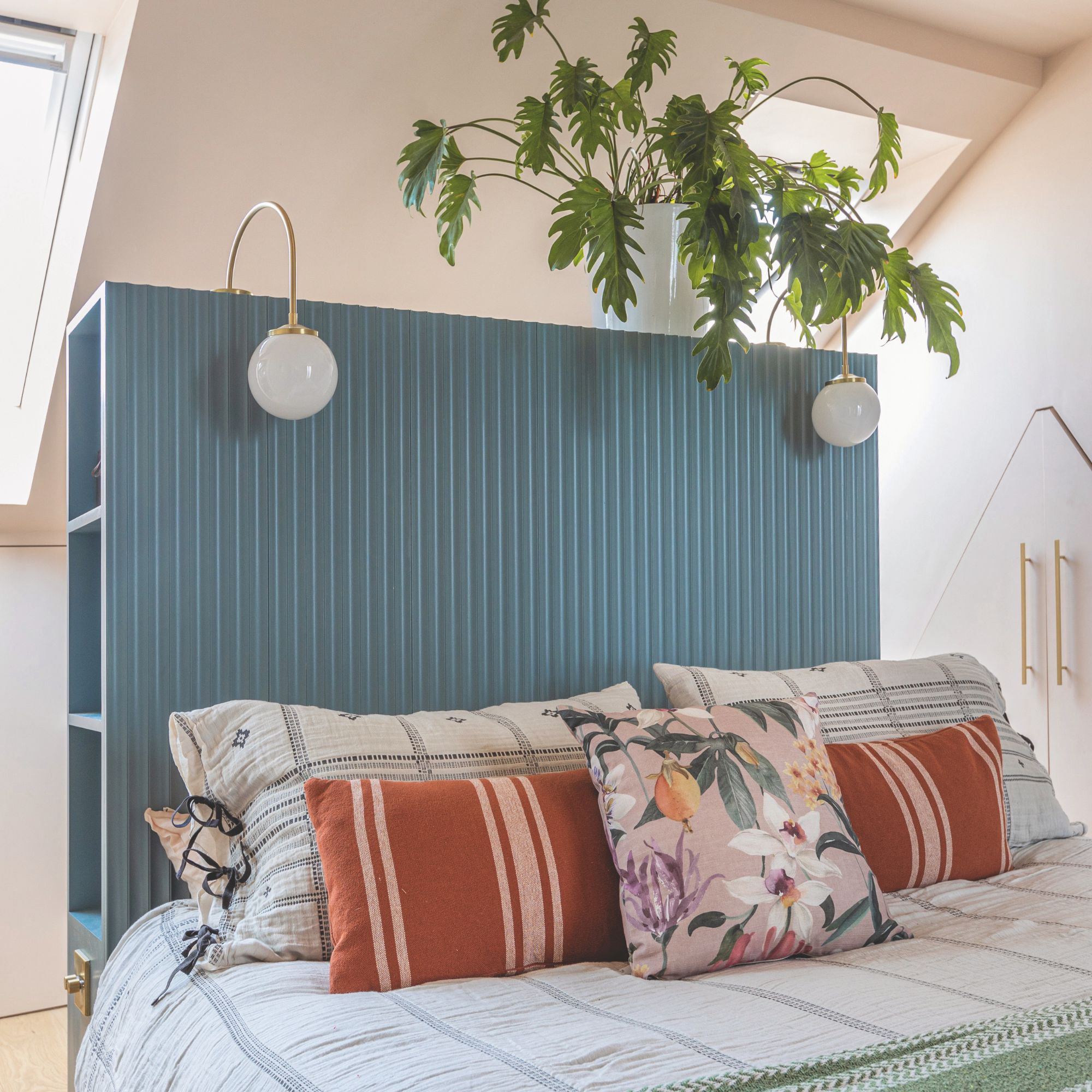
Is it possible to take decluttering too far? In a world where you can’t scroll through social media without being bombarded with decluttering videos, I can't help but wonder if it is. After all, decluttering is a big trend right now, and it doesn’t show any signs of going away anytime soon.
However, as someone who writes about decluttering and organisation weekly, I often feel the pressure to tick every last thing off my decluttering checklist and ensure my home is as clutter-free as possible. But this can often have the opposite effect, and I get stressed, overwhelmed, and left with a sinking feeling that I’ve done too much.
And as Tara Button, author and founder of Buy Me Once, explains, ‘Decluttering should be about creating a home that serves and supports you, but when it becomes compulsive or excessive, it can backfire.’ So, these are the signs you’ve taken decluttering too far - and what you can do about it.
1. Your home has lost its spark
There’s a big difference between a house and a home, and while decluttering is worthwhile when you want to sell your house or get rid of unwanted junk, a sure sign you’ve taken decluttering too far is when your home seems more like a show house.
Monika Puccio, Director of Buying at Sofa Club, agrees. She says, ‘While a minimalist space can feel calm and inviting, there’s a fine line between streamlined and sterile. If you’ve decluttered to the point where your home lacks personality or feels more like a showroom than a sanctuary, you may have gone too far.’
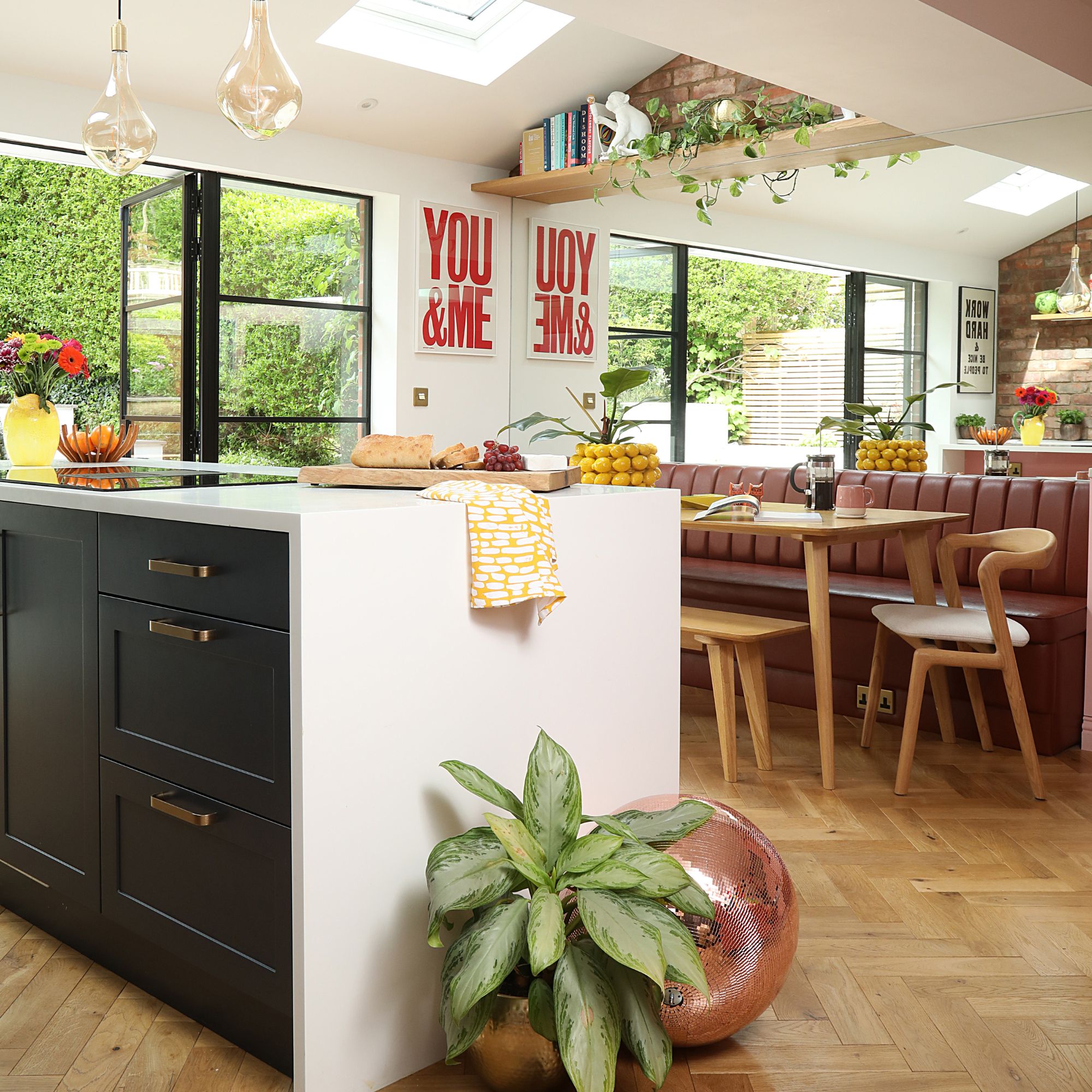
She also adds that we should be careful with emotional clutter and take time to figure out how certain items make us feel before getting rid of them completely. ‘Instead of asking what you can get rid of, ask what truly adds meaning or joy.’
‘Keep items that tell a story, even if they don’t serve a practical purpose. A well-loved book, a framed photo, or a cosy throw can be just as important as a tidy surface.’ Ultimately, your home should reflect who you are and your personality. If you over-declutter, you lose that.
2. You have to re-buy things
One of the many reasons decluttering has become so popular is that it’s allowed us to streamline the things in our home and free up much-needed space. And while it’s well worth streamlining the things you don’t - and will never - need, it’s also easy to go overboard.
In fact, Shannon Murphy, Professional Organiser and Founder of Simpl Living Co says that one of the key signs you’ve taken decluttering too far is if you have to re-buy things you’ve previously decluttered. She says, ‘If you find yourself repurchasing items you let go of because you do actually need them, it might show you that you’re decluttering impulsively rather than intentionally.’
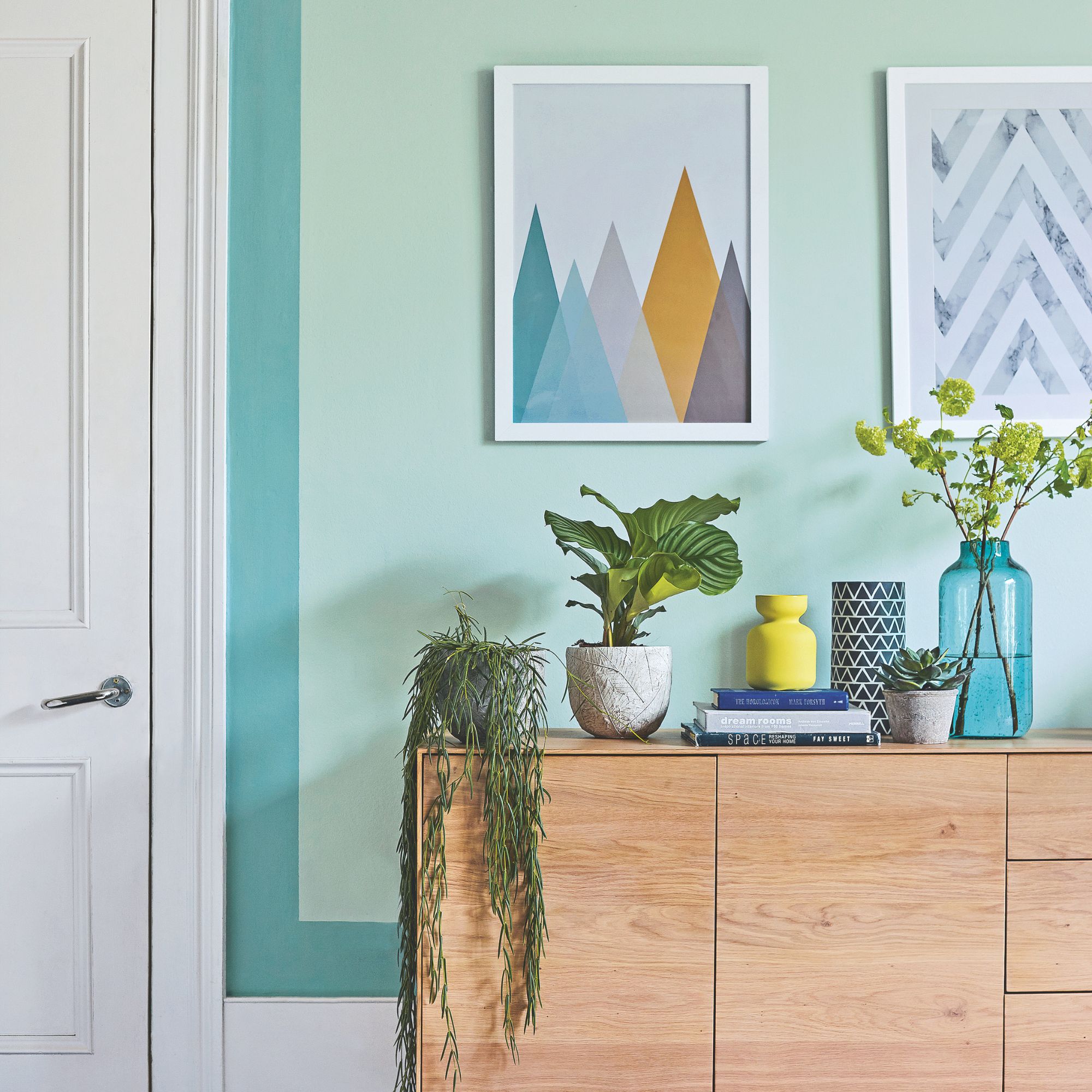
This impulsivity can lead us to make poor decluttering choices, which is why it’s always a good idea to take your time when decluttering your home and take note of tips to help you declutter when you’re feeling overwhelmed.
And if certain things feel like they’re illegal to declutter, there’s probably a reason for that, and you should probably keep them instead (or at least think about re-cluttering your home). Then, you won’t have to buy them again in the future.
3. You feel stressed
In the past, I’ve decluttered my home using methods like the four-box decluttering method and the one-touch decluttering rule because the excess of things in my small space makes me feel stressed. But it’s important to note that over-decluttering can make you feel even more stressed, especially if you’ve decluttered the wrong things.
Maria Anderson, cleaning and organising expert at Henfield Storage, explains, ‘Another indication is if you start to feel stressed by the process itself. If you have decluttered to a point where you're unable to find everyday essentials, like a favourite sweater or keys, it might be a sign you've gone too far.’
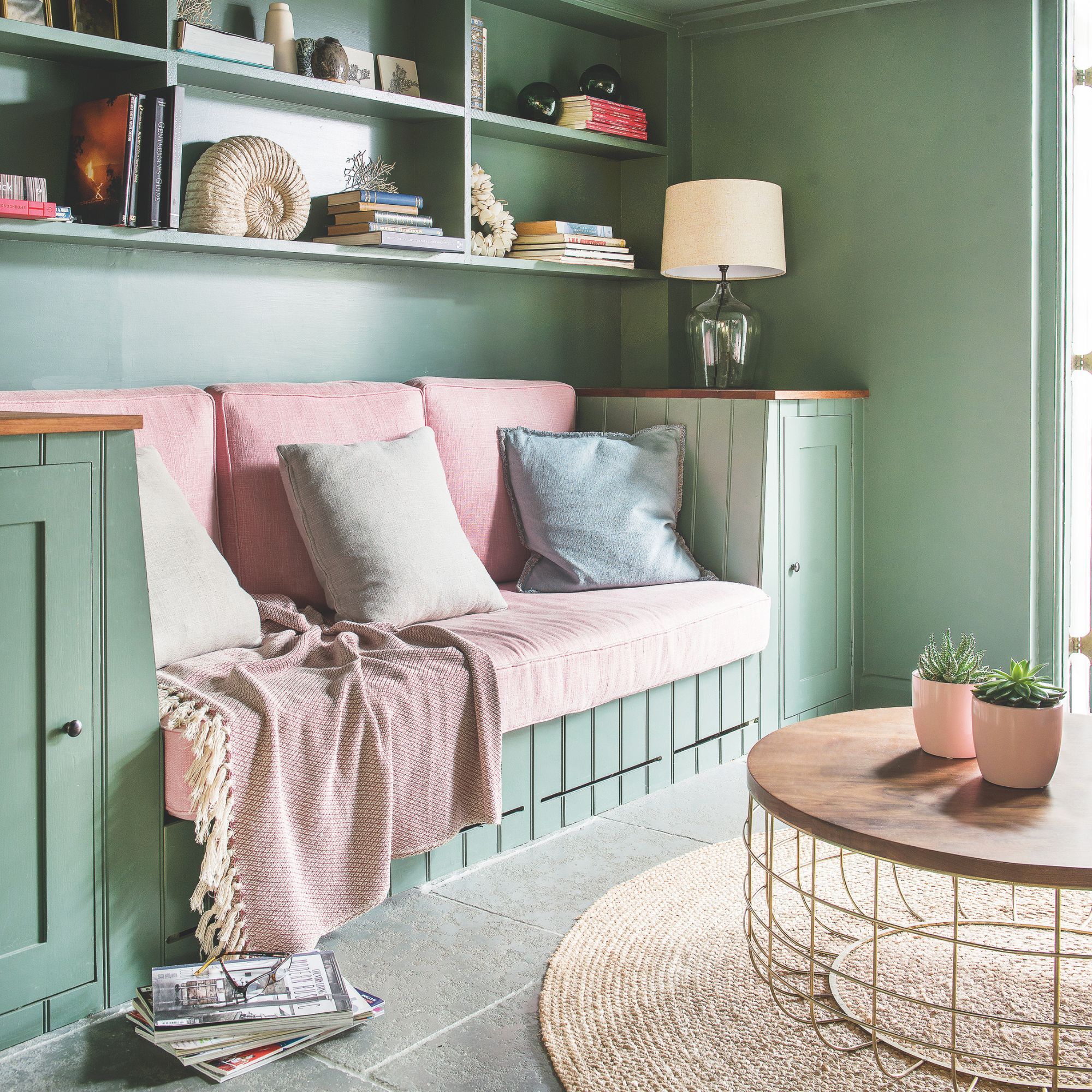
She adds, ‘A clutter-free home should not cost you practicality. If your decluttering habit leaves only minimal storage solutions, you will probably struggle to store even necessary items in hidden or awkward places. So, make sure you are not sacrificing long-term functionality for short-term aesthetics.’
Instead, you need to create a balance between functionality, practicality, design, and your overall comfort in your home. And while you can stock up on the products that will help you declutter your home, you should also know when to stop to prevent further problems down the line.
4. You’re annoying your friends and family
While there’s no doubt that decluttering has its plus points, it can also be addictive. And doing anything in excess can be considered extremely unhealthy, especially if you’re trying to convince others to join the decluttering club. So, if you’re annoying your friends and family, you may have taken decluttering too far.
Shannon says, ‘Decluttering can give you a sense of freedom, like a weight has been lifted off your shoulder. It’s common to feel so good about decluttering that you want others to join in, but if you’re pressuring housemates, partners, or children to get rid of things, it might be time to pause.’

If you go one step further and start actually decluttering the items that belong to other people in your home (or another’s home), this is definitely a sign that you’ve gone too far and you need to get your over-decluttering tendencies in check.
That’s not to say that a purge party can’t be effective when done correctly with your friends and family, but make sure you always have permission to declutter things before you actually do it.
5. You’ve decluttered irreplaceable items
When you’re amid a full-home declutter, it’s easy to get caught up in a throw-away culture where you get rid of things without really taking any notice of what they are. And if you’re now starting to worry that you’ve over-decluttered, it’s worth taking stock of the memories and heirlooms left in your home. If you’ve decluttered irreplaceable items, you’ve taken decluttering too far.
Jane Lee, an award-winning professional organiser and home stager from Jane Lee Interiors, says, ‘When things have been handed down through the generations, once they’re gone, they’re gone: old letters, photos and other sentimental items are often irreplaceable. Decluttering can be addictive, but nobody wants to regret being too ruthless.’
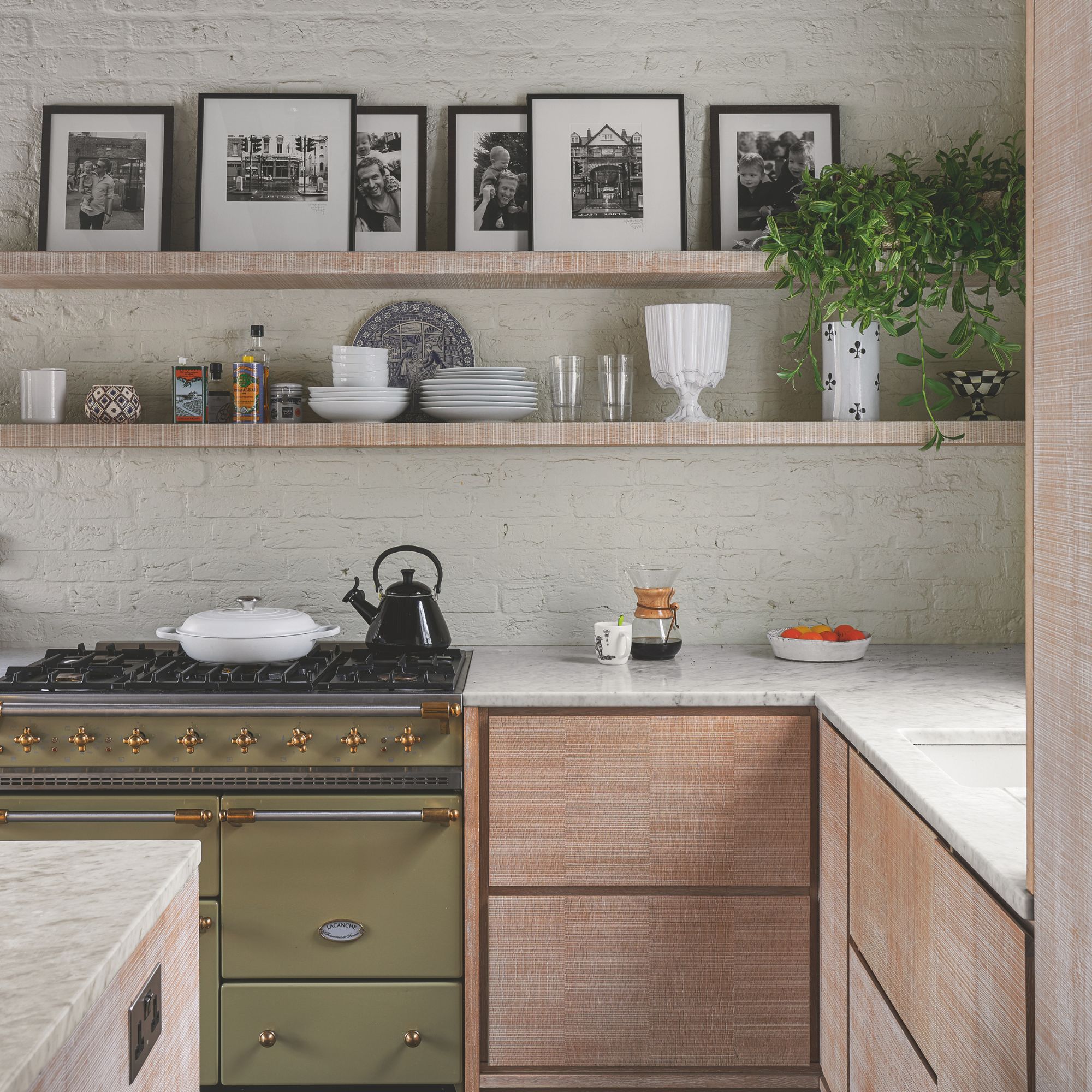
However, that doesn’t mean that you have to stop decluttering altogether, just in case you throw away something that has sentimental value to you. According to Jane, you just need to take a moment to see whether there’s something else you could do instead.
‘This is when a ‘maybe’ box comes in handy. During a big purge, put everything inside that you’re not 100% sure of and see if visiting friends or relatives might like photos of themselves they’d forgotten all about. Revisit what’s left of the ‘maybe’ box every so often until you’re happy to let things go forever,’ she says.
These storage baskets will work perfectly as your 'maybe' box, helping you declutter what's needed without taking decluttering too far.
Organisation is key to the prevention of over-decluttering, and these drawer organisers will help you understand exactly what you have. They're cheap, too.
Another way to ensure you don't take decluttering too far is to label everything, from your spice rack to your underwear drawer. It's a worthwhile investment.
FAQs
Is decluttering a coping mechanism?
For many people, decluttering can be a coping mechanism, and it can be a great way to reduce stress and overwhelm. After all, a cluttered home can lead to a cluttered mind.
However, it’s important to note that doing anything in excess can be harmful, and it’s very easy to over-declutter. So, be mindful of taking decluttering too far and take stock of your emotions throughout the process.
If, at any point, you start to feel stressed or need to start re-buying things you’ve already decluttered, it’s a sure sign to stop.
Why is decluttering so exhausting?
Decluttering can be extremely taxing, both physically and mentally. This is especially true if you want to declutter your whole house in one fell swoop and if you struggle with decision fatigue. Because of this, it’s important to understand what you want to achieve from your decluttering session first.
If you struggle with decision fatigue, it’s best to take your time when decluttering to make it less exhausting and more manageable. If you just want to get it over and done with and you don’t have too many emotional attachments to your things, you may want to get it over and done with quicker.
Ultimately, you need to find a process that works for you, rather than getting caught up in what other people may be doing in your life or online.
So, can you spot any of the signs you've taken decluttering too far within yourself? I'm certainly guilty of it...







